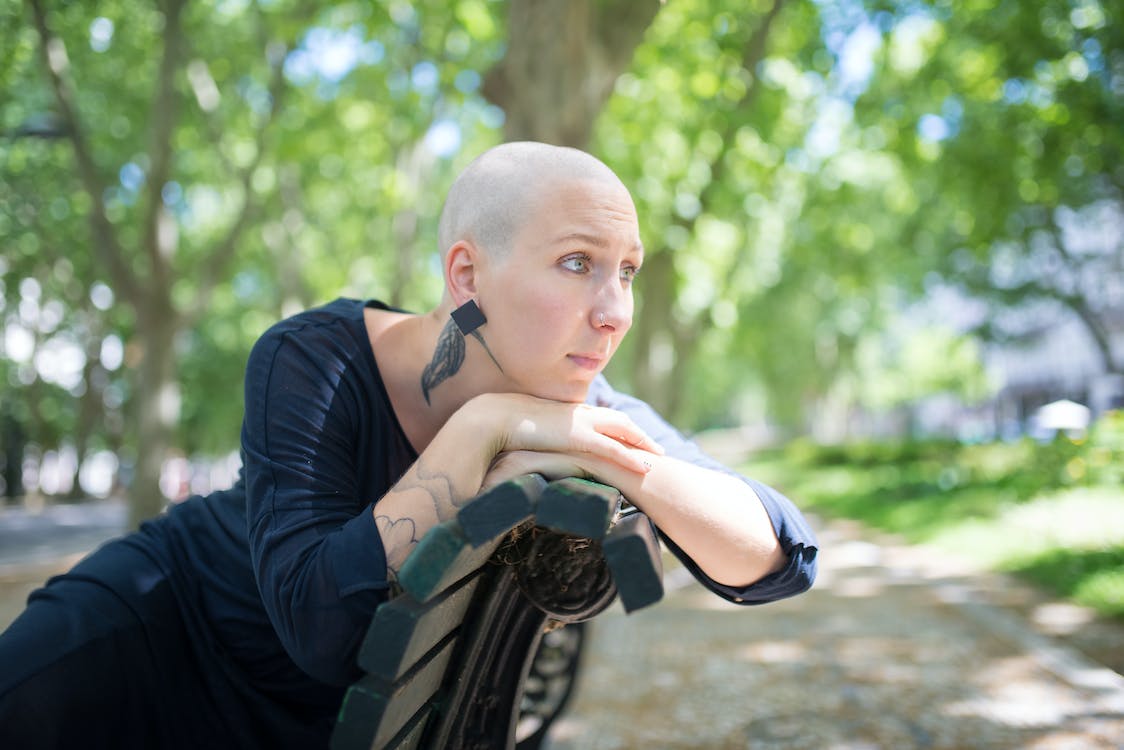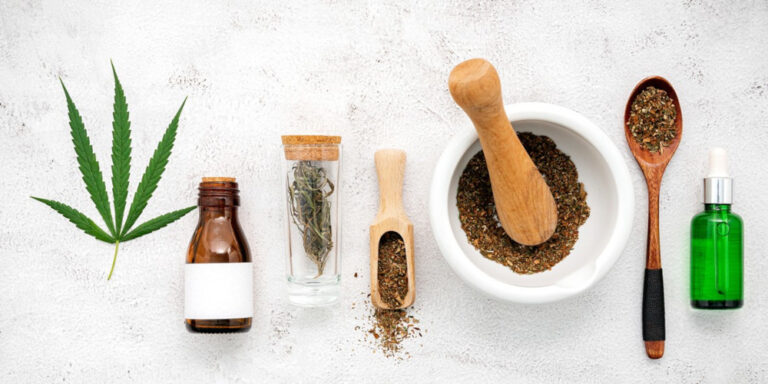Taking the first step towards seeking help for addiction and mental health is a courageous and transformative decision. It signifies your readiness for change and a commitment to improving your well-being. This article aims to provide you with a practical step-by-step guide to empower yourself and take that important first step towards seeking help. Remember, you are not alone in this journey, and support is available to assist you in your path to recovery.
Step 1: Acknowledge and Accept The first step is to acknowledge and accept that you need help. Recognize the impact that addiction and mental health challenges have on your life and the desire for change. Understand that seeking help is a sign of strength, not weakness. Embrace the belief that you deserve a healthier and happier life.
Step 2: Educate Yourself Take the time to educate yourself about addiction and mental health. Learn about the signs and symptoms, available treatment options, and resources. Knowledge is empowering and helps you make informed decisions about your recovery journey. Reach out to reputable sources and professionals to get accurate information.
Step 3: Reach Out for Support Don’t hesitate to reach out for support. Connect with trusted friends, family members, or professionals who can provide guidance and understanding. Seek out addiction treatment centers, therapists, or support groups in your area. Surrounding yourself with a supportive network will provide the encouragement and motivation you need.
Step 4: Make a Plan Develop a personalized plan for your recovery journey. Set clear goals and establish actionable steps to achieve them. Break down your goals into smaller, manageable tasks to avoid feeling overwhelmed. Seek guidance from professionals to help you create an effective plan tailored to your unique needs.
Step 5: Take Action Take action and follow through with your plan. Start implementing healthy habits, such as engaging in therapy, attending support group meetings, practicing self-care, and making lifestyle changes. Remember that progress takes time and effort. Stay committed and celebrate each small victory along the way.
Frequently Asked Questions:
- How do I know if I need help for addiction or mental health issues?
- If you are experiencing difficulties in your daily life, such as relationship problems, impaired functioning, or intense emotional distress, seeking professional help is advisable. Trust your instincts and reach out if you feel that something is not right.
- Where can I find reputable addiction treatment centers or therapists in Johannesburg?
- There are several reputable addiction treatment centers and therapists in Johannesburg. Conduct thorough research, read reviews, and seek recommendations from trusted sources. Changes Rehab is a trusted treatment center in Johannesburg that provides comprehensive addiction treatment and support.
- Will seeking help for addiction or mental health make me weak or a failure?
- Seeking help is a sign of strength and courage. It takes self-awareness and a desire for personal growth to recognize the need for assistance. Seeking help is a proactive step towards positive change and should be celebrated.
- What if I can’t afford professional help?
- There are various options available for individuals who may not have the financial means to access professional help. Reach out to community organizations, support groups, or government-funded programs that offer low-cost or free services. Changes Rehab offers affordable treatment options and works with individuals to find feasible solutions.
- Can I involve my family and friends in my recovery journey?
- Involving your family and friends can be a valuable source of support during your recovery journey. They can provide encouragement, understanding, and accountability. However, it’s essential to set healthy boundaries and ensure that their involvement aligns with your specific needs and goals.
- How long does the recovery process take?
- The recovery process is unique to each individual and can vary in duration. It depends on various factors, including the severity of addiction or mental health issues, individual progress, and the effectiveness of treatment. Recovery is a lifelong journey, and it requires ongoing commitment and effort.
- Can I still work or go to school while seeking help for addiction or mental health?
- Yes, it is possible to continue working or attending school while seeking help for addiction or mental health. However, it is crucial to prioritize your recovery and make necessary adjustments to ensure you have the time and energy to focus on your healing journey. Talk to your employer or educational institution about possible accommodations or support.
- What if I relapse during my recovery journey?
- Relapse can be a part of the recovery process for some individuals. It is important to remember that relapse does not mean failure or that all progress is lost. It is an opportunity to learn and strengthen your coping skills. Reach out to your support network and professionals to get back on track and adjust your treatment plan if needed.
- Can spirituality play a role in addiction recovery?
- Spirituality can play a significant role in addiction recovery for many individuals. It can provide a sense of meaning, purpose, and connection. Exploring spirituality, whether through religious practices, mindfulness, or nature, can be a powerful tool for healing and personal growth.
- How can I maintain long-term sobriety or mental well-being after completing treatment?
- Maintaining long-term sobriety or mental well-being requires ongoing commitment and support. It is important to continue practicing healthy coping strategies, engaging in therapy or support groups, and surrounding yourself with a positive and understanding support network. Taking care of your physical and mental health, practicing self-care, and setting realistic goals can contribute to long-term recovery.
Taking the first step towards seeking help for addiction and mental health is an empowering decision. By acknowledging the need for support, educating yourself, reaching out for assistance, making a plan, and taking action, you can embark on a transformative journey of recovery. Remember that you are not alone in this process, and there are resources and professionals available to guide you along the way. As Mahatma Gandhi once said, “Be the change that you wish to see in the world.” Embrace the power within you to embrace change and create a healthier, more fulfilling life.
Exploring Alternative Strategies:
- Cognitive Behavioral Therapy (CBT):
- CBT is a therapeutic approach that focuses on identifying and changing negative thought patterns and behaviors. It can help you develop healthier coping mechanisms and strategies to address the underlying causes of addiction and mental health challenges.
- Mindfulness and Meditation:
- Practicing mindfulness and meditation techniques can help you cultivate self-awareness, reduce stress, and manage cravings. It allows you to develop a deeper understanding of your thoughts, emotions, and triggers, empowering you to make conscious choices that support your recovery.
- Support Groups:
- Joining support groups, such as Alcoholics Anonymous (AA) or Narcotics Anonymous (NA), provides a safe and understanding community of individuals facing similar challenges. These groups offer guidance, encouragement, and the opportunity to share experiences and learn from others who have successfully overcome addiction.
- Holistic Therapies:
- Engaging in holistic therapies like yoga, art therapy, equine-assisted therapy, or nature-based therapy can complement traditional treatment approaches. These therapies focus on integrating mind, body, and spirit, promoting overall well-being and aiding in your recovery journey.
- Healthy Lifestyle Changes:
- Making positive changes in your lifestyle can support your recovery efforts. This includes adopting a nutritious diet, engaging in regular exercise, getting enough sleep, and prioritizing self-care activities that promote relaxation and emotional well-being.
Frequently Asked Questions:
Q1: Can I seek help for addiction and mental health without going to a rehab center?
A: Yes, there are various treatment options available, including outpatient therapy, counseling, support groups, and online resources, that can support your recovery outside of a rehab center.
Q2: How do I find the right treatment program for my needs?
A: It’s important to consider factors such as the type of addiction or mental health issue you’re facing, the treatment approach, the qualifications of the professionals involved, and the level of support provided. Consulting with a healthcare professional or addiction counselor can help you determine the best treatment program for your needs.
Q3: Will I have to quit substances completely to seek help?
A: The goal of seeking help is to overcome addiction and achieve long-term recovery. While abstinence is often the recommended approach, treatment programs can help you gradually reduce substance use and develop healthier coping mechanisms.
Q4: What role does family support play in addiction and mental health recovery?
A: Family support can be crucial in the recovery process. Involving your loved ones and seeking their understanding, encouragement, and involvement in therapy sessions or support groups can contribute to your overall well-being and success in overcoming addiction.
Q5: Is relapse a sign of failure?
A: No, relapse is a common and often expected part of the recovery process. It’s important to view relapse as an opportunity for growth and learning, adjusting your treatment plan as needed, and seeking support to continue on your path to recovery.
Taking the first step in seeking help for addiction and mental health issues is an empowering choice that sets you on a path to healing and transformation. By exploring alternative strategies, such as cognitive behavioral therapy, mindfulness, support groups, holistic therapies, and lifestyle changes, you can find effective alternatives to substance use.
As you explore alternative strategies, such as cognitive behavioral therapy, mindfulness, support groups, holistic therapies, and lifestyle changes, know that you have a wealth of resources and support available to you. Reach out to professionals, trusted friends, and family members who can provide guidance and encouragement along the way. You are not alone in this journey.
Be patient and compassionate with yourself, as healing takes time. There may be ups and downs, but every step you take towards seeking help is a step towards reclaiming your life and finding inner peace and joy. Stay focused on your goals, celebrate even the smallest victories, and know that setbacks are opportunities for growth and learning.
In the words of Lao Tzu, “The journey of a thousand miles begins with a single step.” Take that first step, and embrace the change that awaits you. Your path to recovery is unique, and you have the strength within you to overcome any challenges that come your way. Remember, you are deserving of a life filled with happiness, health, and fulfillment. Keep moving forward, and may your journey be filled with hope and healing.










